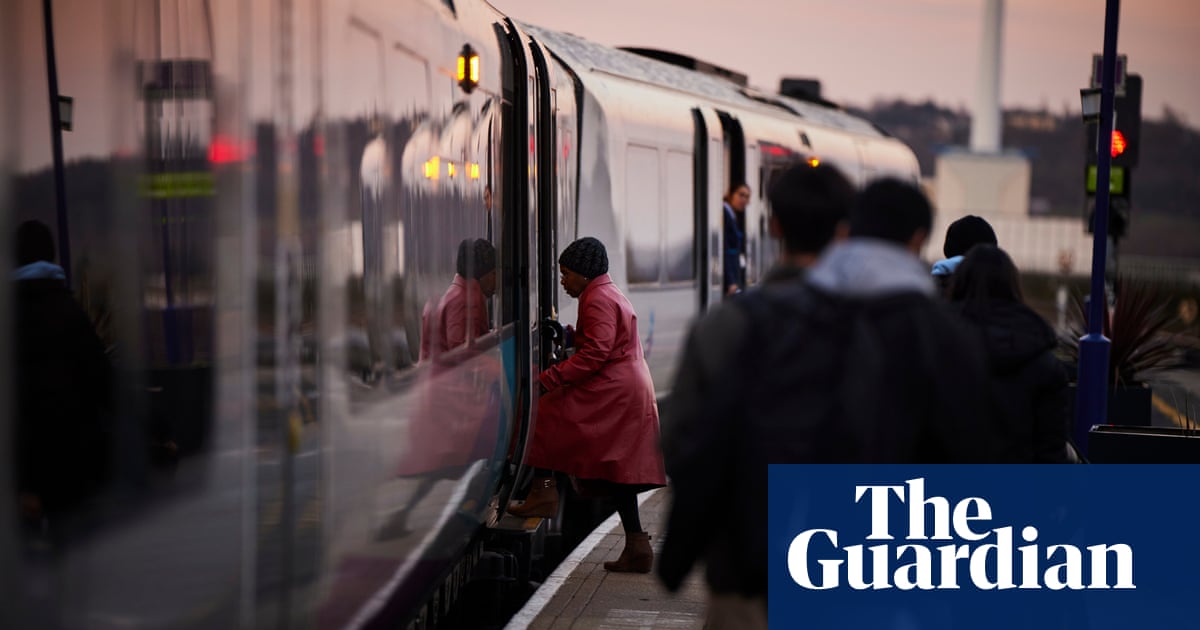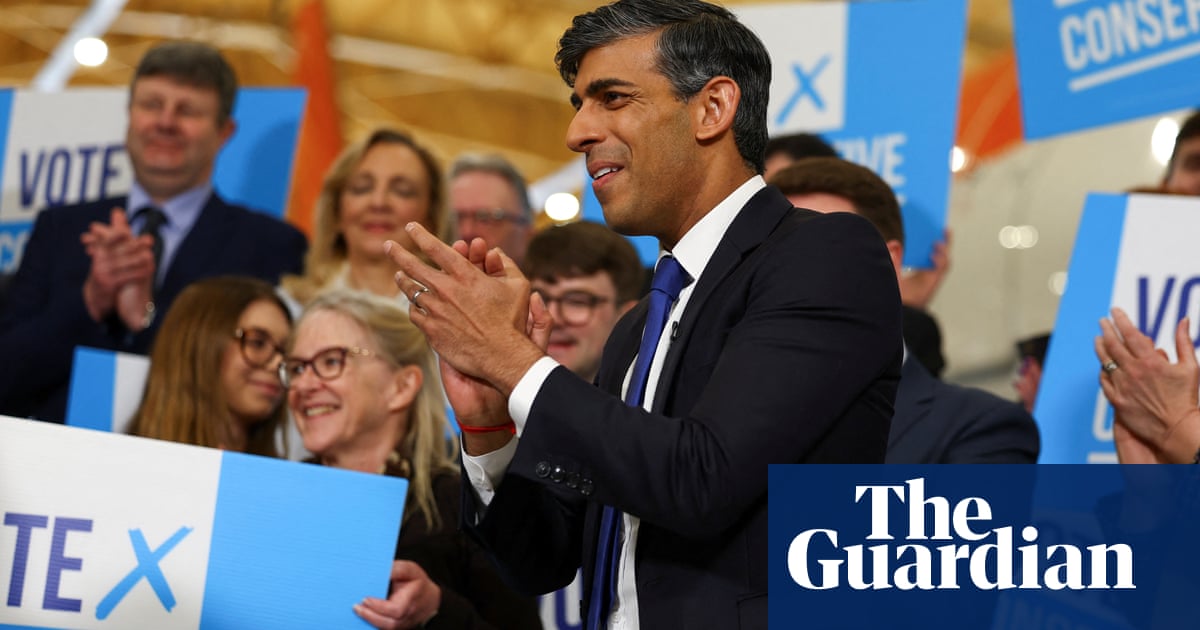Labour promises rail nationalisation within five years of coming to power | Labour


Labour will fully nationalise the train network within five years of coming to power, with a pledge to guarantee the cheapest fares as part of “the biggest reform of our railways for a generation”.
One of Labour’s first major acts in government will bring all passenger rail into national ownership under Great British Railways as contracts with private operators expire, a plan endorsed by the architect of the Conservatives’ own rail plan.
Labour will announce it plans to cut waste and claw back shareholder dividends, saving £2.2bn. It will establish a watchdog, the Passenger Standards Authority, to scrutinise the new system. Passengers will be offered best-price ticket guarantees, automatic delay repay and digital season tickets across the network.
In a speech on Thursday, the shadow transport secretary, Louise Haigh, will say renationalisation “is not going to be easy and it will take hard graft, but it will be my mission to get us to the right destination and to deliver for the Great British passenger”.
Labour insiders hailed the announcement as the moment the party would begin to champion its more radical proposals in the run-up to an election campaign, after a number of U-turns including over green investment.
They said Haigh’s plan was a key plank to counter the narrative that Labour had only meagre plans for reform, alongside policies on workers’ rights and planning.
“We will show we will make bold policy changes where the current settlement is failing,” a Labour source said. “But this is not just ideology, this is a detailed plan for reform.”
Haigh will bill rail reform as crucial to productivity and cost savings and to achieve Keir Starmer’s “five missions”, while criticising Conservative inaction.
“It is passengers who pay the price, through being stranded because of cancellations, through being unable to work as they travel because there’s no internet, through overcrowded and unpleasant trains,” she will say.
“And they also pay through the nose to prop up this failing system, with huge amounts wasted every year through today’s inefficient and fragmented rail network, and even more money leaking out to pay shareholder dividends.”
However, the plans do not include nationalisation of privately owned freight or rolling stock companies, which trade unions have called for but which would cost billions.
The party will argue that the public ownership plans will cost nothing in compensation to operators, who would transfer ownership once contracts expire, and save significant sums on bureaucracy and dividends to private operators.
Haigh, one of the most left-leaning remaining members of the shadow cabinet with close links to the unions, has been able to protect her renationalisation policy despite intense lobbying efforts to water it down.
The party’s new costings, shared with the Guardian, suggest full public ownership would save £2.2bn every year after five years, including the £1.5bn identified in the government’s own review from 2021 that said the simpler structure of Great British Railways would make operations cheaper.
Labour estimates that consolidating the 14 separate train operating companies (Tocs) could reduce additional waste worth up to £680m a year, including saving dividends to Tocs’ shareholders and eliminating bidding costs.
A range of rail industry figures welcomed Labour’s announcement, although private train firms were dismayed at confirmation that train operating contracts would be taken back into public hands as contracts expired.
That pledge was strongly backed by the leader of the train drivers’ union Aslef, which on Tuesday announced a fresh set of strikes. Mick Whelan, its general secretary, said: “The commitment delivers for the economy, for the taxpayer, for passengers and for staff,” adding that privatisation had “allowed a few companies to make enormous profits, which have taken much-needed money out of the sector”.
Keith Williams, who co-wrote the Conservative government’s Williams-Shapps plan for rail after the 2018 timetabling fiasco, said Labour’s plan would follow through on the “substance” of his recommendations to the government.
“Running a better railway and driving revenue and reducing costs will deliver economic growth, jobs and housing by delivering better connectivity,” Williams said.
Labour underlined that it would not extend renationalisation to the ownership of the actual trains, as urged by unions including the RMT, by publicising an endorsement by Mary Grant, the highly paid chief executive of the rolling stock leasing firm Porterbrook. She said it welcomed “the party’s commitment to leverage private capital to help deliver its long-term strategy for rolling stock”.
The pledge to make railways reform an early priority was welcomed by Darren Caplan, the chief executive of the Railway Industry Association, which represents suppliers. He said: “[It] would give certainty to our members about the future structure of the railway industry.”
Private train operators, however, argued that nationalisation was “a political rather than a practical solution which will increase costs over time”. Andy Bagnall, the chief executive of Rail Partners, which represents Tocs, said the kind of contract model used by Transport for London’s rail network or Manchester’s buses was the “best of both worlds”, adding: “Ejecting private train companies from the railway will create a prolonged and messy transition at a time when we need all parts of the railway to pull together.”
A Labour source dismissed that proposal, saying: “We are making the case for a simplified railway. It saves a huge amount of money, waste and duplication. We don’t have to replicate the worst elements of the franchise model with none of the benefits.”
Source link




